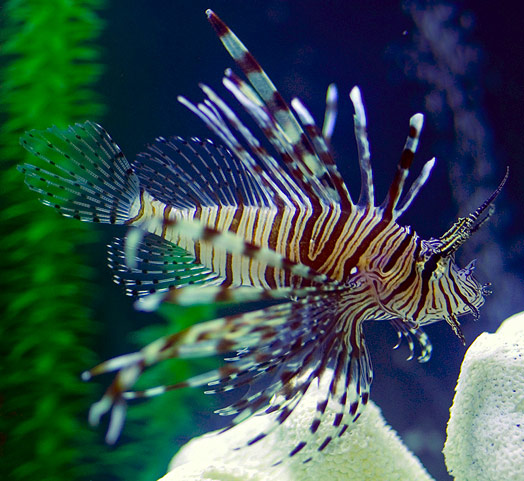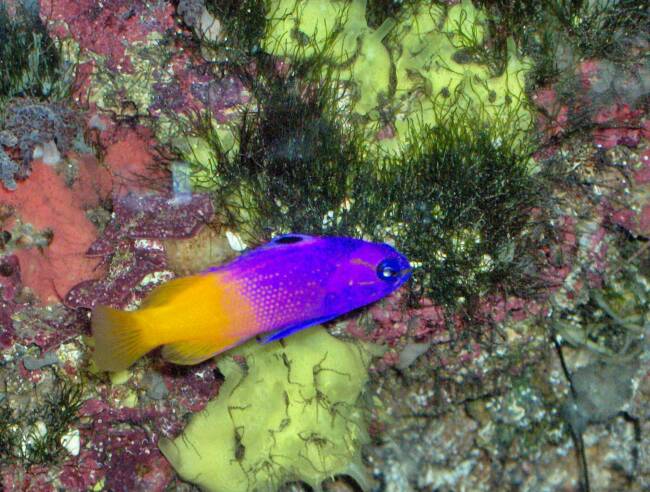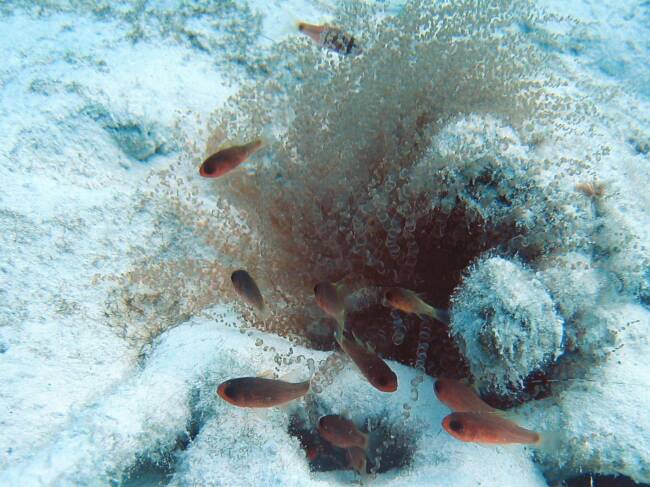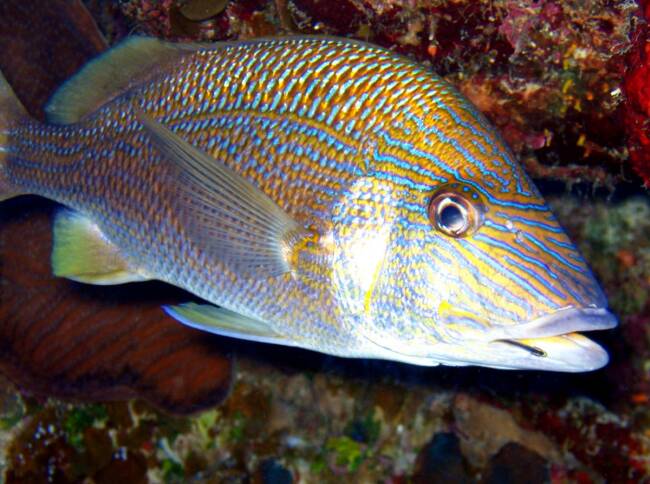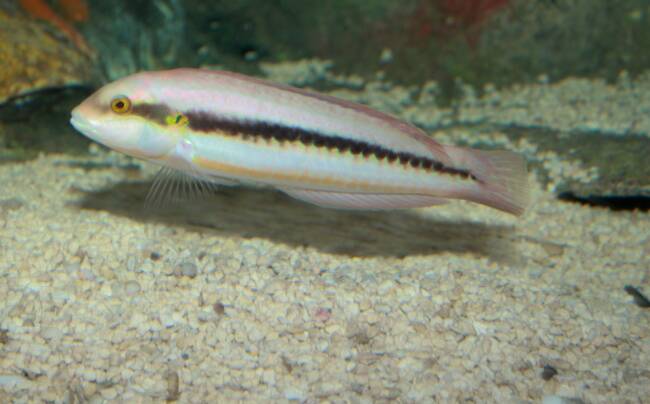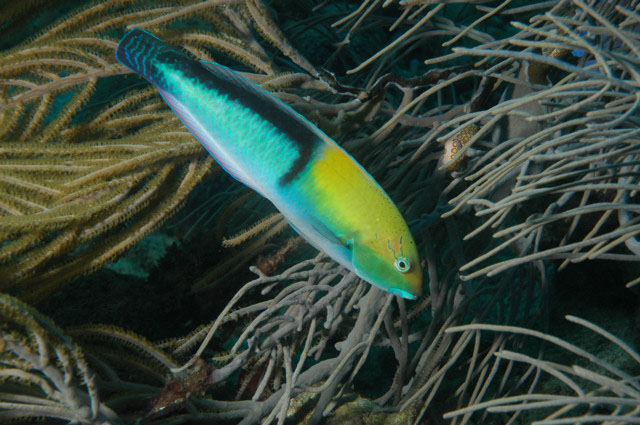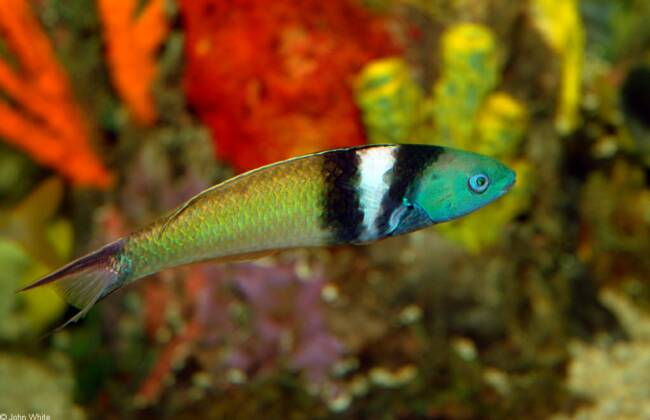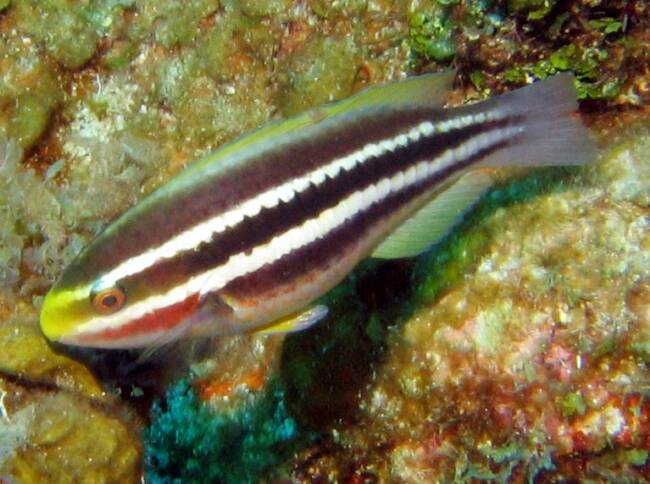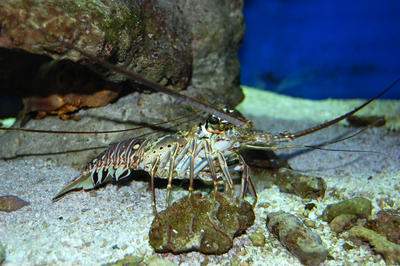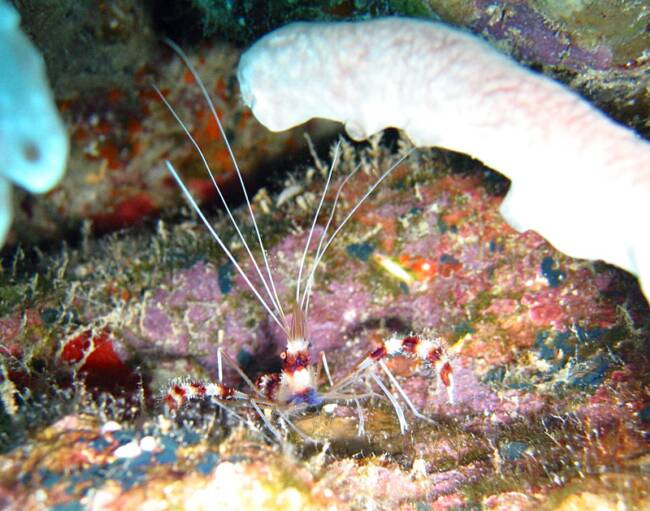While few ecological studies have been conducted, lionfish are highly piscivorous surviving mostly on fish, thus reducing the number of juvenile indigenous reef fish which in turn disrupts marine ecosystem processes and reduces coral reef biodiversity (Albins and Hixon 2008; Morris et al. 2008).
If their populations are allowed to continue growing unchecked, lionfish have the potential to severely effect the health of our reef, with the possible extinction of several indigenous species. Although it is still too early to be definitive, evidence from the Bahamas seems to support this information.
If their populations are allowed to continue growing unchecked, lionfish have the potential to severely effect the health of our reef, with the possible extinction of several indigenous species. Although it is still too early to be definitive, evidence from the Bahamas seems to support this information.
Stomach content analyses and observations of feeding behavior show that the reduction in our native fish population are almost certainly caused by lionfish. Prey items found in lionfish stomachs include the fairy basslet (Gramma loreto), bridled cardinalfish (Apogon aurolineatus), white grunt (Haemulon plumierii), bicolor damselfish (Stegastes pertitus), several wrasses (Halichoeres bivittatus, Halichoeres garnoti and Thalasoma bifasciatum), striped parrotfish (Scarus iserti), and dusky blenny (Malacoctenus gilli). The initial examination of crustacean prey suggests that lionfish also eat banded coral shrimp (Stenopus hispidus) and juvenile spiny lobster (Panulirus Argus). The reduction in recruitment of coral reef fishes suggests that lionfish may also compete with native piscivores by monopolizing this important food resource. In addition, lionfish have the potential to decrease the abundance of ecologically important species such as parrotfish and other herbivorous fish that keep seaweeds and macroalgae from overgrowing corals.
Native Reef Fish and Crustaceans that Fall Prey to Lionfish
According to NOAA, adult lionfish feed almost exclusively on fish, while juvenile lionfish feed mainly on crustaceans. Given their population explosion and aggressive behavior, lionfish have the potential to become the most disastrous marine invasion in history by drastically reducing the abundance of coral reef fish and leaving behind a devastated ecosystem. Studies are helping scientists better understand the role that lionfish play and their potential threat to Atlantic Ocean ecosystems.
You can help us. Here’s how:
There are several ways that you can help control the lionfish population in South Florida.
Report
If you have observed lionfish, please use our Report Form to help us record your findings.
Training
Learn about proper observation, handling and cleaning procedures, and browse recipes.
Volunteer
Experienced divers, help us protect our precious South Florida coral reef ecosystem.
Share
Educate others about the lionfish invasion. Share our website with your friends.


